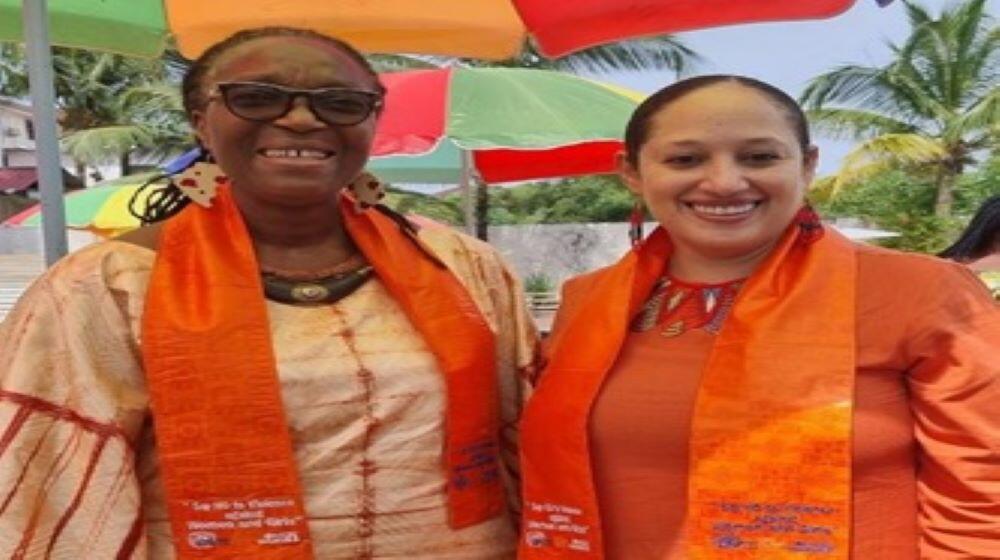We are living in an increasingly digital world that provides new and exciting opportunities for growth and development. And yet women around the world are disproportionately left behind when it comes to accessing and benefitting from these opportunities. This year’s International Women’s Day, observed on the 8th of March, makes an urgent call for digital progress to benefit all people, under the theme ‘DigitALL: Innovation and technology for gender equality.’
It is a call to celebrate and recognize the contributions of women and girls who are advancing digital technology and building gender-responsive innovations, and a reminder that innovation and technology are major drivers of change that can break negative trends and reach those who are most likely to be left behind.
Globally, women face a stark digital divide. Women make up only one in five artificial intelligence workers, and an analysis of artificial intelligence systems across industries found that nearly half demonstrate gender bias. A recent study by UNICEF found that boys in developing countries are 180 per cent more likely to own smartphones than girls. In Sierra Leone, only 17 per cent of women use mobile phones for financial transactions, compared to 30 per cent of men according to a USAID study. Women and girls also face the worst aspects of our social media age, with online harassment and bullying becoming routine for far too many across age groups, professions and sectors of society. In fact, research indicates that at least 38 per cent of women globally have personally experienced online violence and this rate is rising.
In Sierra Leone, we have an opportunity to challenge these trends. The Gender Equality Act, signed into law in January 2023, provides an important platform and new momentum to build coalitions and work with the public and private sector and development partners on commitments to advancing gender equality, including by closing the gender divide in digital access.
UNFPA and UN Women are committed to working with all partners to harness the digital age for gender equality, building on ongoing efforts, including initiatives that promote equal participation of women and girls in science, technology and innovation. All of us, as stakeholders in Sierra Leone’s development, have an important role to play in ensuring that technological progress advances gender equality, benefiting all. This includes committing to:
- Ensuring that all digital learning, training and capacity building opportunities include equal numbers of girls and boys or women and men,
- Enforcing a zero-tolerance approach to gender-based violence and online harassment, abuse and hate speech against women and girls,
- Funding initiatives that support women and girls to create gender-responsive innovations and technologies that address their needs,
- Collecting data on the current digital gender divide and systematically monitoring progress to close gaps in digital access,
- Sensitizing decision-makers in government, business, academia and other sectors on the development impacts of the digital gender divide, and
- Increasing quality, accessibility and affordability of digital infrastructures for all.
The digital age offers unprecedented opportunities for tackling poverty and inequality and improving the well-being of women and girls. However, the transformative power of innovation and technology cannot be realized if it is not activated for women and girls. Let us commit to making the digital world safer, more inclusive and more equitable, for the benefit of all.
#PowerOn to create an equal digital world.
Authors: Setcheme Mongbo is the UN Women Head of Office in Sierra Leone, and Nadia Rasheed is the UNFPA Country Representative in Sierra Leone


